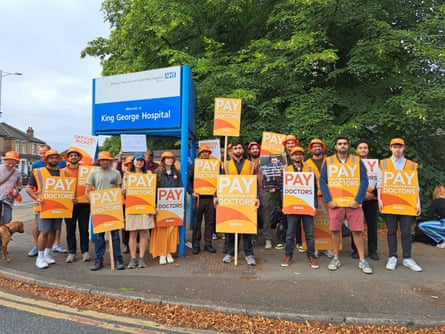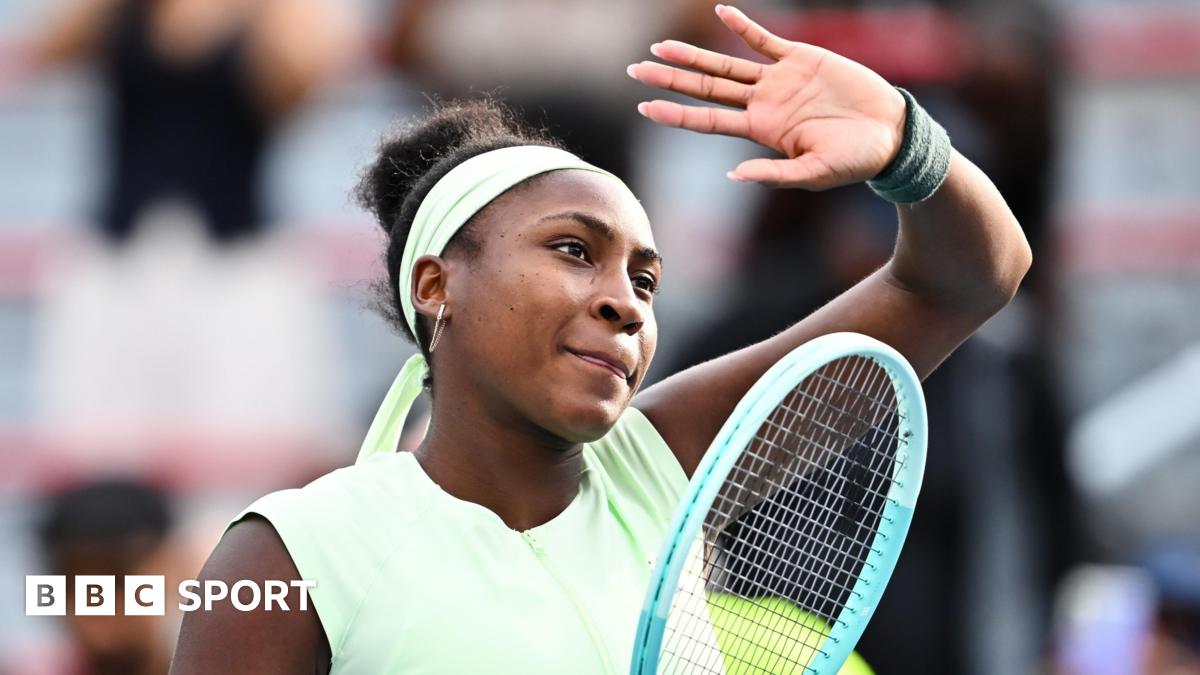From Jeremy Hunt and Alan Johnson to Andy Burnham and Ken Clarke, politics is littered with ambitious former health secretaries who did not make it into No 10.
The aspirational current health secretary, Wes Streeting, is believed by colleagues to have his sights on bucking that trend, and one day replacing Keir Starmer in Downing Street.
However, the resident doctors’ strike represents a moment of danger for the health secretary, with the medics pitching themselves against the government by demanding a return to the real-terms pay levels of 2008.
It would be 25% salary increase on top of a 29% rise over the past three years, with the government outright refusing to open pay discussions and restricting any talks to negotiating on other benefits such as pensions.
Streeting has personally taken a robust approach to the doctors – telling them “if you go to war with us, you’ll lose” – which on some levels appears in tune with the public mood.
Polling from More in Common shows that overall, people do not back the doctors’ strikes, and feeling has turned further against increasing the pay of medics over the past two weeks. Support for them dropped from -10% to -15% while the industrial action was going on.
Luke Tryl, the director of More In Common, said: “The biggest shift between the two weeks is people are now more likely to say the government should not do whatever it takes to end the strikes. My previous view was that it didn’t really matter if the public were on side with Streeting against the doctors because the doctors could just bring the NHS to a halt, people would just rather it worked. Even two weeks ago people thought that, but the fact that it has now flipped is interesting and people are more likely to say ‘dig in’.

“I do think it’s because Wes Streeting has been out there making the arguments. In focus groups, it seems like his message has landed. People are slightly, for the first time, more likely to say resident doctors are paid too much rather than too little.”
However, there are two difficult caveats in the data for Streeting. The first is that most of the public blame the government for the strikes in the first place, with 39% saying it is ministers’ fault, 31% pointing the figure at resident doctors and 11% at hospital management. The second is that Labour voters are now the only political grouping who back the striking doctors, with a net 3% in favour of the strikes, down from a net 12% in favour before they started.
Labour members tend to be even more sympathetic to strike action than Labour voters, so this group of people who choose the next party leader are not on board with the government’s arguments.
And while there are no public rumblings of discontent about Streeting’s approach, some Labour MPs question the wisdom of pitching the industrial dispute as a battle – rather than taking a more emollient tone.
“Jeremy Hunt never really recovered from his bruising encounter with the doctors,” says one Labour MP. “It never looks good to be talking about ‘war’ with public servants in a caring profession.”
However, Labour sources say there is a huge difference between now and the strikes that Hunt was opposing in 2016 – then the first industrial action taken in more than 40 years, which centred more around shift patterns and contract changes.
“The fact that public opinion has shifted so far against resident doctor strikes shows how different the landscape is,” the senior source said. “The truth is that, slowly but surely, people are noticing some of their family and friends are being seen quicker by the NHS. They don’t want to go backwards.
“The Tories drove the NHS into the ground. In a large part, the malaise felt by resident doctors is that they’re just sick and tired of how poor working conditions have become over the 15 years of Tory government.
“But the BMA’s leadership should recognise how they now have a government that is far different to deal with. Two above-inflation pay rises, the biggest hike in the public sector, work already under way on improving working conditions and so much more we can do if they chose to actually just work with government.”
Ultimately, though, the wider mood about the strikes and Streeting’s leadership through the turmoil is likely to depend on how the NHS manages to hold up operationally.
NHS sources said the first five-day strike had led to some services being cancelled but many fewer than on previous occasions, with trust leaders suggesting appointments and operations were at about 90-95% of usual activity. Figures for how many doctors turned out on strike were not yet available but sources suggested it had been patchy, and that trusts were “better at managing” the situation as they had practice now from prior strikes.
The British Medical Association, the doctors’ union behind the strikes, has said hospitals were opting for unsafe cover rather than cancellation of operations, in a “reckless” approach to the strikes.
But if Streeting can oversee minimal disruption in the NHS while doctors are on strike or reach a deal on other financial conditions, then the government could emerge strengthened.
And while Labour voters support the doctors’ aims, they also like to see a government demonstrating operational competence and avoiding crisis.
Tryl says: “If Labour fails on their mission of reducing waiting lists, that’s what will cut through and would damage Wes. But equally, if he holds firm and wins, it could help the government.
“There is a sense that government isn’t in control any more is such a big driver of the ‘broken Britain’ mood, it kind of goes beyond individual services. If Wes can show the government is in control on this, that could end up helping.”

 9 hours ago
2
9 hours ago
2










 English (US)
English (US)